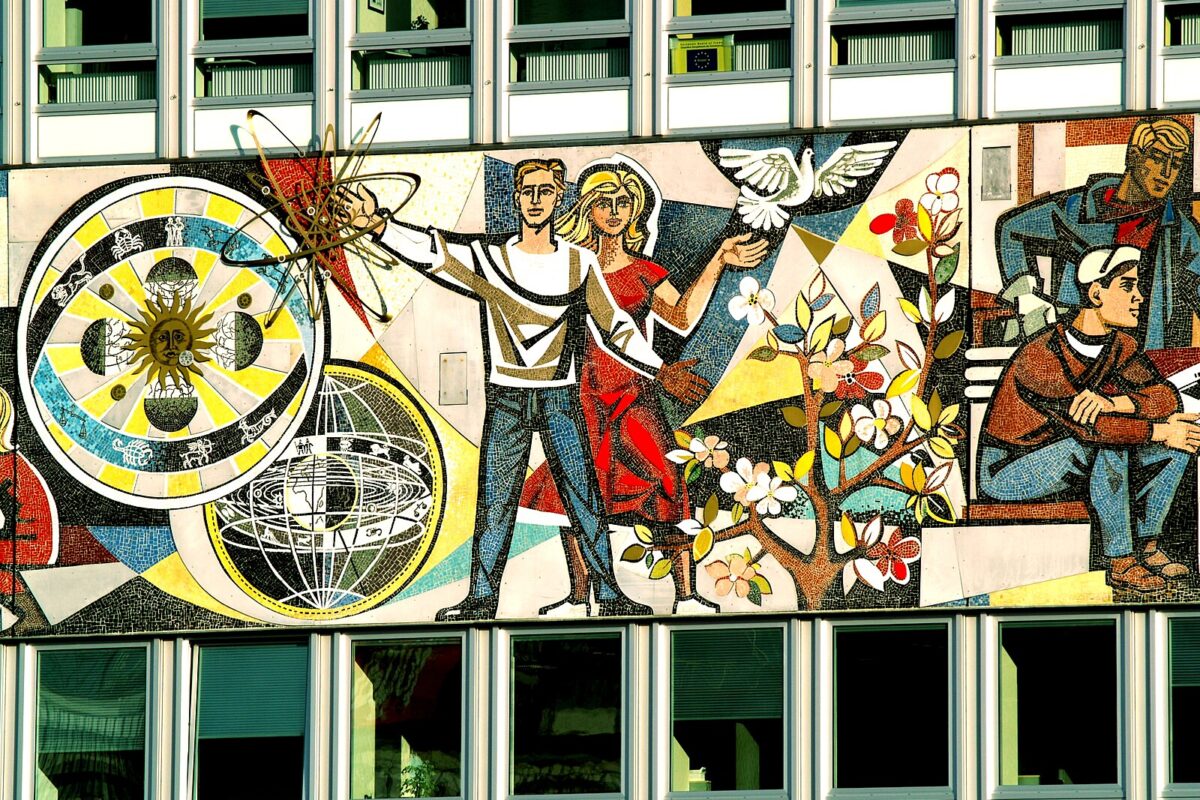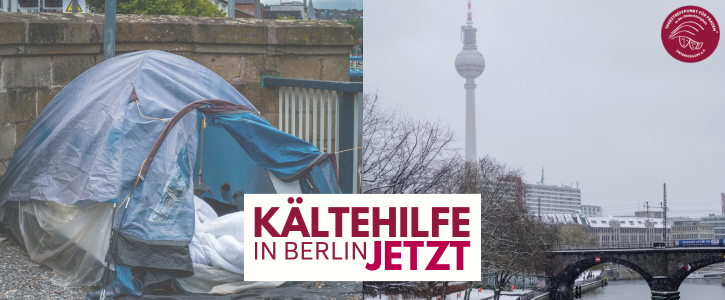Heidi Reichinnek of Die Linke is more popular among people under 45 than chancellor Friedrich Merz. Admittedly, that’s a low bar to clear—but the 37-year-old politician with the Rosa Luxemburg tattoo, co-chair of the Left Party’s parliamentary group, rocks Tiktok with passionate speeches against the Far Right.
What kind of system does she want? In an interview with Stern magazine, she was asked about the German Democratic Republic, better known as East Germany, and answered: “What we had in the GDR wasn’t socialism. At least not the kind my party envisions.”
Every single right-wing influencer in Germany responded: socialism can only mean a repressive dictatorship. Following a famous method, let’s define what socialism is not, in order to figure out what it is.
Definitely not socialism
Reichinnek says she is for “democratic socialism.” She calls that a “utopia” (literally: a non-place), but a “first step” would be “to bring public services back into public ownership,” including “housing, transportation, health care, and education,” alongside a “redistribution of wealth.” She does not mention what any further steps would be, but she explicitly rejects “nationalizing everything.”
What Reichinnek is describing is more or less what West German capitalism looked like in the 1970s, before the neoliberal offensive. Prior to the age of privatizations, public services were mostly run by the state. Reichinnek simultaneously defends the Basic Law, which guarantees private property. So even in the golden age of the “social market economy,” the means of production were still monopolized by a handful of Nazi billionaires.
Just like “democratic socialists” Bernie Sanders and Alexandria Ocasio-Cortez on the other side of the Atlantic, Die Linke envisions “socialism” as capitalism with more protections for workers. The problem is that such a regulated capitalism is inherently precarious—it’s only possible when capitalism is growing and the ruling class is forced to make concessions.
As we’ve seen for the last 50 years, competition between nation-states forces them to claw these concessions back. The only way to win lasting improvements for working people is to break out of this system by expropriating the bourgeoisie. Society’s wealth should be under democratic control—not the exclusive property of a few oligarchs who inherited billions from war criminals. Anything less is not democratic and not socialist. As Rosa Luxemburg put it:
“What was considered equality and democracy until now: parliaments, national assemblies, equal ballots, was a pack of lies! Full power in the hands of the working masses, as a weapon for smashing capitalism to pieces — this is the only true equality, this is the only true democracy!”
Also not socialism
The GDR, in contrast, did nationalize just about everything. So was it socialist? Also not. Because socialism—which Marx described as a “first” or “lower” phase of communism—is not simply about state ownership. Socialism refers to a society in which the working class holds political power; as workers increasingly administer their own lives and society as a whole, class divisions and the state wither away.
The GDR existed for just over 40 years, and in that time, the state did anything but wither; the Ministry for State Security grew incessantly, and surveilled, harassed, and imprisoned workers and young people they considered to be “enemy-negative forces.” This wasn’t just an insult to human dignity—it was also an enormous waste of resources.
With a planned economy, and without the need to constantly generate profits, the GDR made accomplishments that sound fantastical today. They completely eliminated homelessness and allowed 90 percent of women to join the work force: the highest rate recorded by any country ever. They came up with innovations like near-unbreakable glasses and hyperefficient prefab concrete housing. Yet a privileged bureaucracy, obsessed with control, produced constant inefficiencies and alienated workers from what was supposed to be “their” system.
In a recent video, the YouTuber Fabian Lehr rebuts Reichinnek and argues that the GDR was socialism, because despite any and all shortcomings, East Germany’s economic base was socialist. The history of German capitalism shows that the very same bourgeoisie can rule via an imperial monarchy, a bourgeois democracy, a fascist dictatorship, or a different bourgeois democracy. But this is because capitalism needs a state with a certain autonomy.
Under a planned economy, no division exists between the political and economic spheres. “The economy” does not act like a mythical force hovering above society—it is subject to conscious planning. So decisions about who will produce what for whom are directly political. That’s why it is no secondary question if the working class is directly exercising power or not.
Lehr points to the GDR’s accomplishments, but offers no explanation for why millions of people wanted to leave this supposedly socialist society—or more generally, why productivity growth remained far lower than in the West. As Leon Trotsky argued in the 1930s, socialism must increase human productivity, or it has no historical justification. And one irony seems to escape him: due to his long association with Trotskyism, comrade Lehr could have easily faced a long prison sentence in the GDR, as did many communists with similarly “problematic” backgrounds. This does not speak for a particularly civilized society.
Real socialism
Socialism is fundamentally different from both Die Linke’s magically reformed capitalism, but also different from the GDR’s bureaucratically planned economy. A society can only be described as socialist if it meets Marx’s criteria of evolving towards the abolition of classes and the state. It’s a dialectical category defined not by an abstract checklist, but development and contradictions.
A planned economy needs broad, constant democracy to function. There is no other way to accurately judge what producers can do and what consumers need. By suppressing all criticism, Stalinist states like the GDR denied themselves the possibility of good planning.
There is a lot more in Reichinnek’s interview to criticize. As a “small step,” she thinks Die Linke should form coalition governments alongside the SPD and the Greens, “to achieve what is achievable at a given point in time.” In Berlin, we have seen what this looks like: “left-wing” ministers privatizing public housing, deporting thousands of immigrants, and cutting wages for public sector workers. Small steps indeed! Recently, we saw leading members of Die Linke voting to give €500 billion to the German army.
Rosa Luxemburg, whose face is tattooed on Reichinnek’s arm, rejected the idea that reforms to capitalism were the “first steps” toward socialism:
“[P]eople who pronounce themselves in favour of the method of legislative reform in place and in contradistinction to the conquest of political power and social revolution, do not really choose a more tranquil, calmer and slower road to the same goal, but a different goal.”
And while Reichinnek emphasizes her goal of joining government coalitions, Rosa Luxemburg took the opposite view:
“[T]he role of [a socialist party] in bourgeois society is essentially that of an opposition party. It can only enter on scene as a government party on the ruins of bourgeois society.”
Red Flag is a weekly opinion column on Berlin politics that Nathaniel has been writing since 2020. After moving through different homes, it now appears at The Left Berlin.




